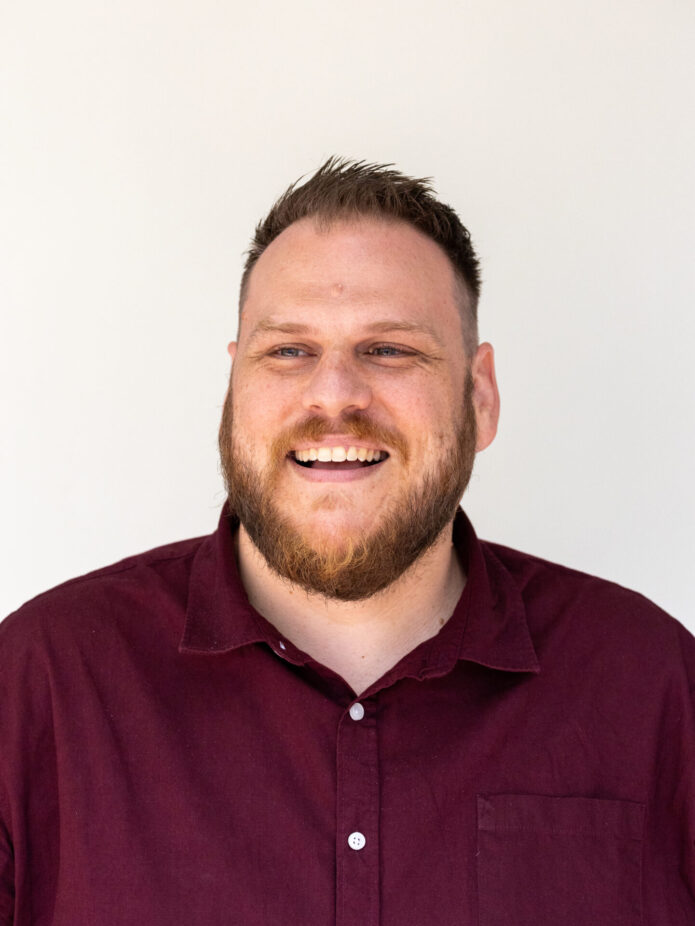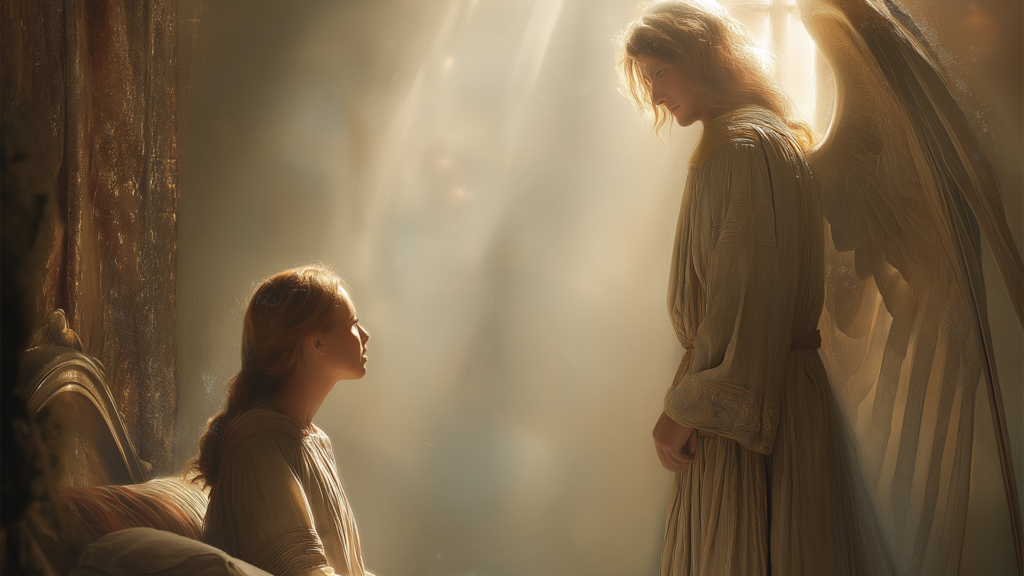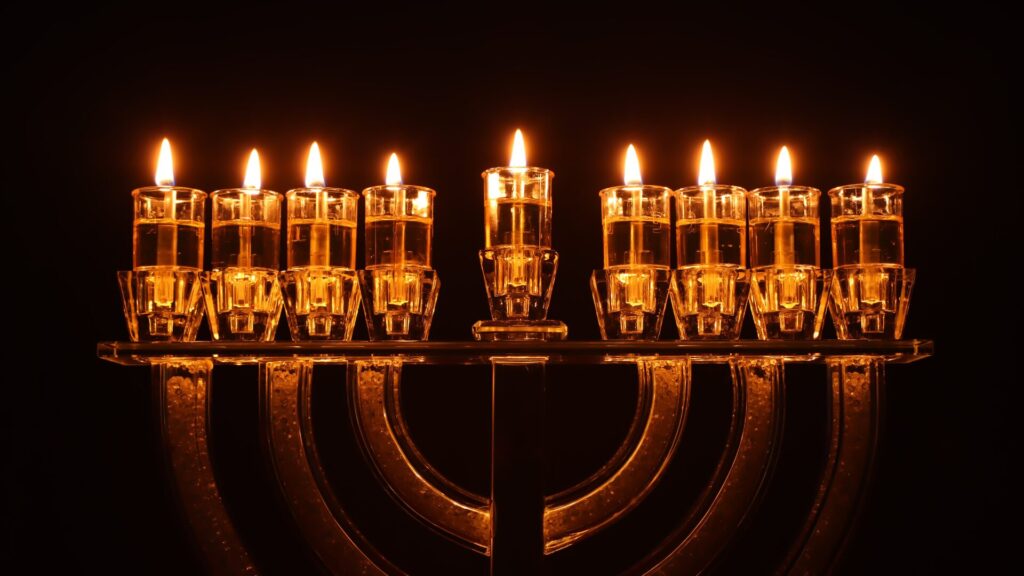I was asked to speak at a youth rally with the theme FIRST. The key text was Exodus 20:2, 3, the first commandment. “I am the Lord your God who brought you out of Egypt, out of the land of slavery. You shall have no other gods before me.”
Obviously, the easiest of the Ten Commandments to keep in this day and age, when the old gods are banished to the realms of myth and fairy tale. In an ancient, biblical society filled with gods this seems an obvious command: “Choose Me.” Yet in this day and age, surely this is the easiest one to keep.
Israel was always falling into trouble with foreign gods, partaking in rituals, setting up idols . . . we don’t do that.
So let’s tick it off—one down, nine to go. Wait, I thought God’s commandments were timeless. How could the first one have become irrelevant?
To truly know that we are not putting any “gods” before God, we have to work out what gods are.
In ancient times, people believed everything was connected to worship and they revered all types of deities so that they would have a smooth life—no floods or famine, no drought or disease. They offered sacrifices and structured their lives around certain rituals and habits to appease angry gods and spirits. Sometimes these rituals were terrible.
So for these people, gods were a way of controlling the uncontrollable. Since it didn’t always work, the gods were viewed as fickle and cruel.
Yet in modern times, as we learnt more about unseen forces like weather patterns and germs, we decided we no longer needed to worship the cat.
“For thousands of years, humans believed that authority came from the gods. Then, during the modern era, humanism gradually shifted authority from deities to people,” said Yuval Noah Harari, an Israeli historian and author. “The feelings of the individual are the prime authority in ethics. ‘If it feels good, do it’ is the basic ethical ideal of humanism.”
We replaced the authority of unseen gods and spirits with someone we’re much more familiar with—ourselves. Human endeavour and achievement, hero worship, sport, movies, our own happiness—all things that drive us and what we unknowingly allow to shape our beliefs.
Christians are not immune to this. We choose our faith because it best explains the world around us and comforts us against the unknown. Then we rely on human systems to explain and interpret everything else. We use logic to make decisions and we chase fulfilment and happiness in our careers. In all of these things we wrestle against the unknown and unfamiliar, attempting to hold onto control.
Author of Beyond Belief, Hugh Mackay, puts it this way: “One way or another, most of us choose to believe something about human existence, partly because such beliefs imbue us not only with a sense of understanding, but also of control.”
Into this very human story, God steps with His First Commandment. “You’re not the centre of this story. I am.”
The centre of history is Jesus. He is the turning point. But the challenge comes in the fact that belief is not enough. He demands faith. Not having any “god” before our God means giving up our right to control what happens, giving up our will for His. This is the hardest thing for a Christian to do. [pullquote]
Jesus said, “I tell you for certain that if you have faith in me, you will do the same things I am doing. You will do even greater things, now that I am going back to the Father.” (John 14:12, CEV). If we’re not seeing these things in our lives, do we truly have faith or are we putting other things first?
Putting God first means we should expect things that are supernatural and not controlled by us—or even that are not easily understood or explained—to happen around us.
As Adventists we rest on truth. We are content in our knowledge and don’t always seek a real and living experience of Jesus. For me this year is about seeking that experience and seeing what happens when I place God first in everything.
Will you join me?






